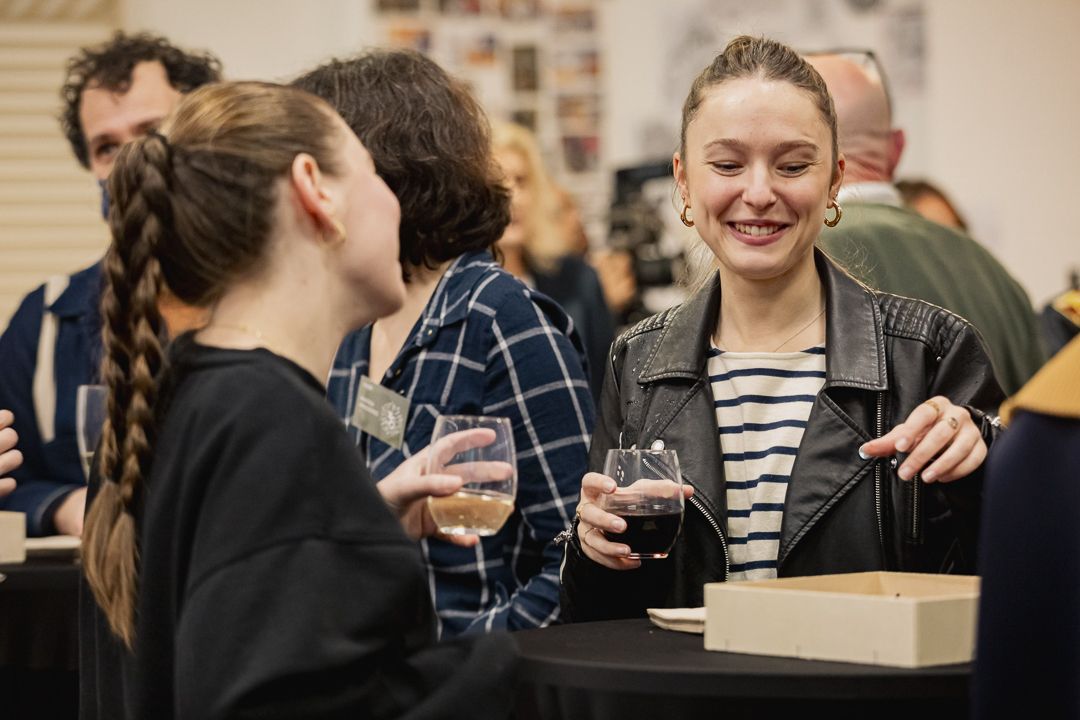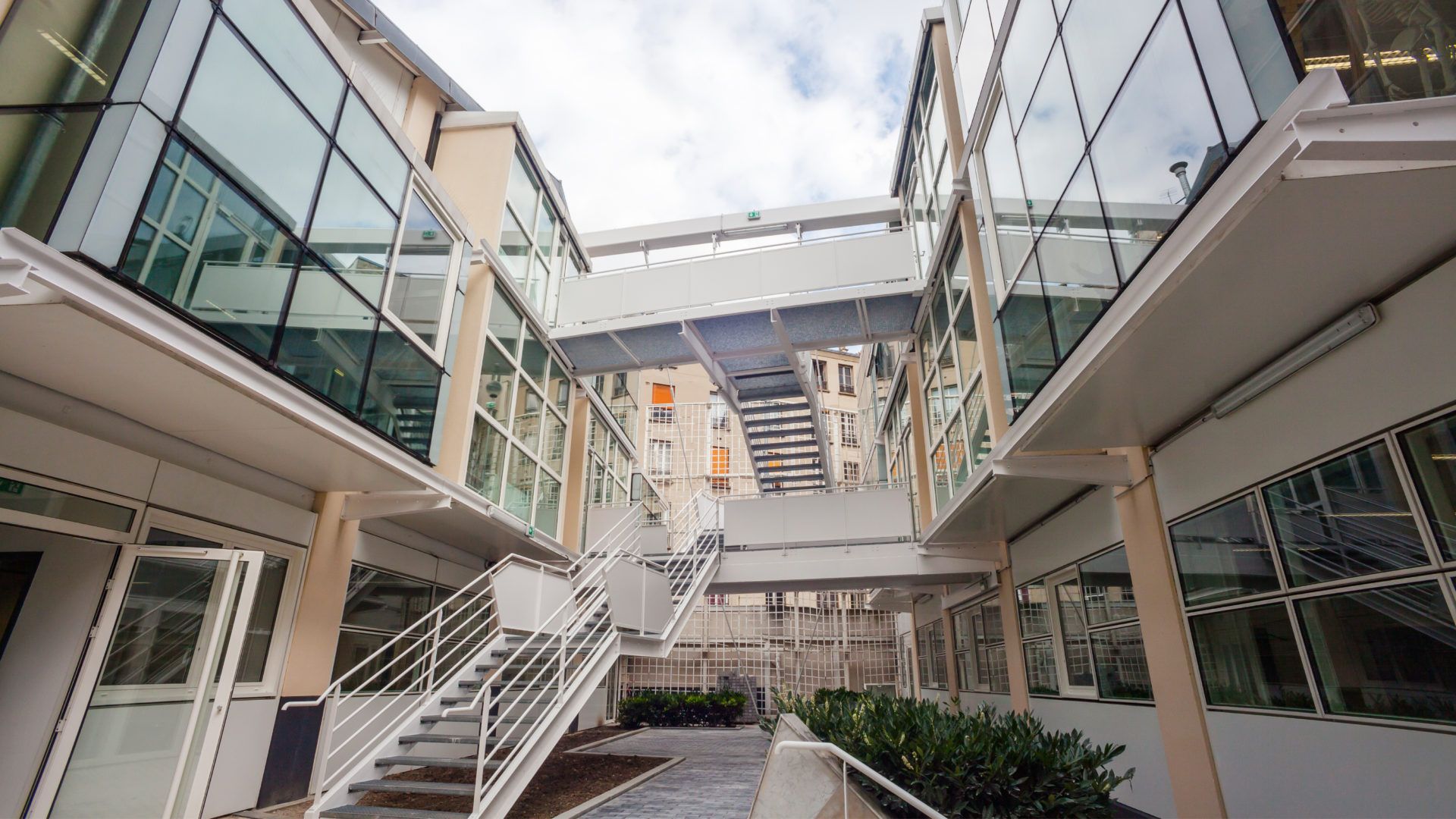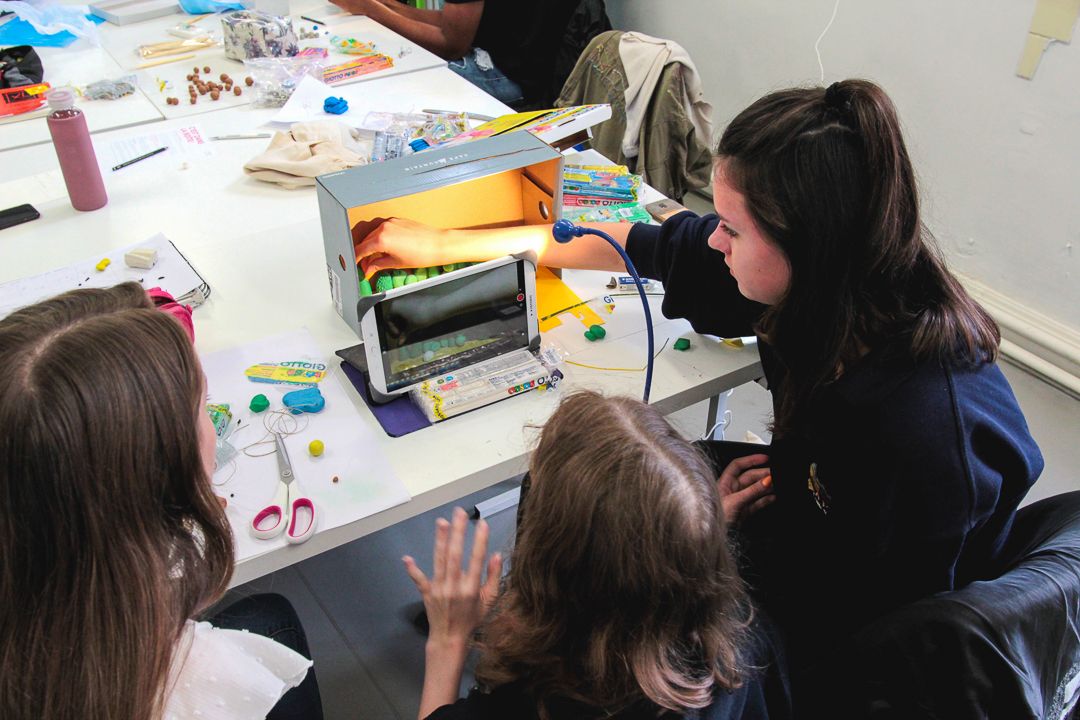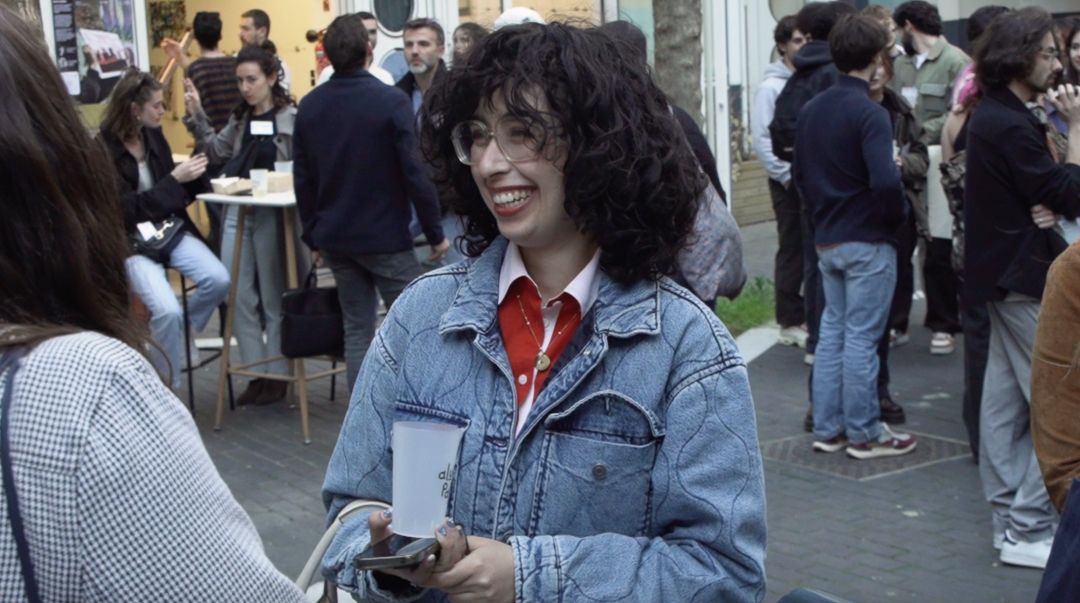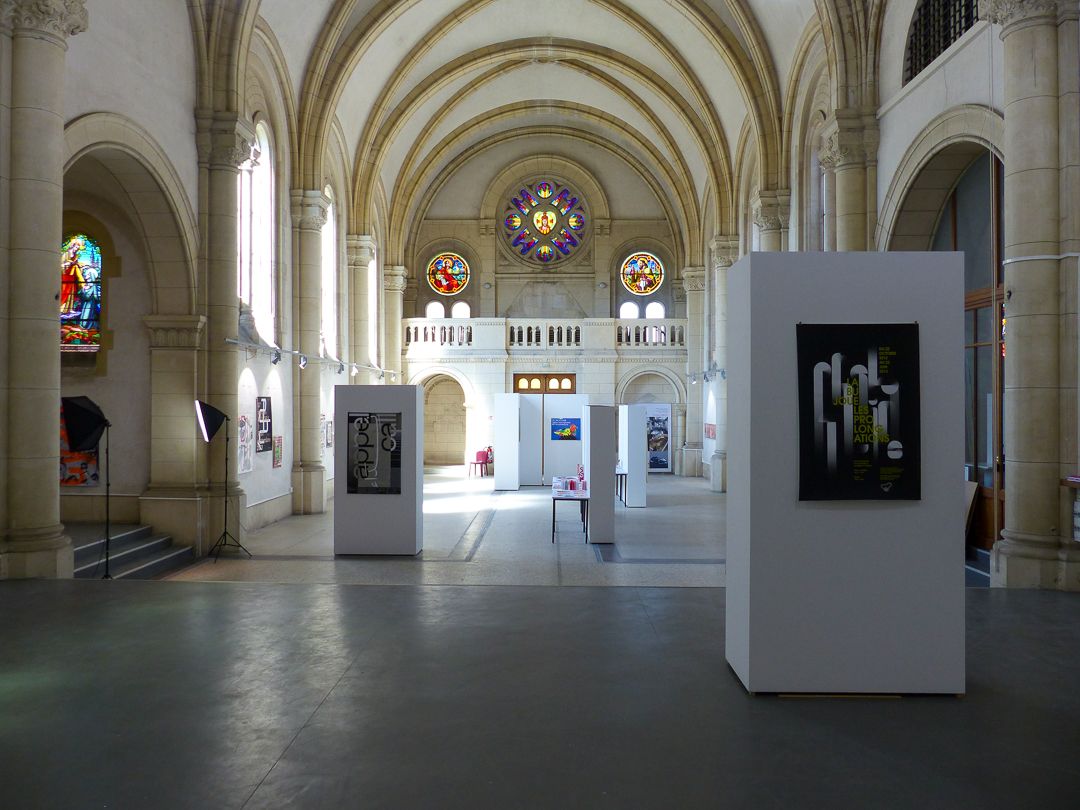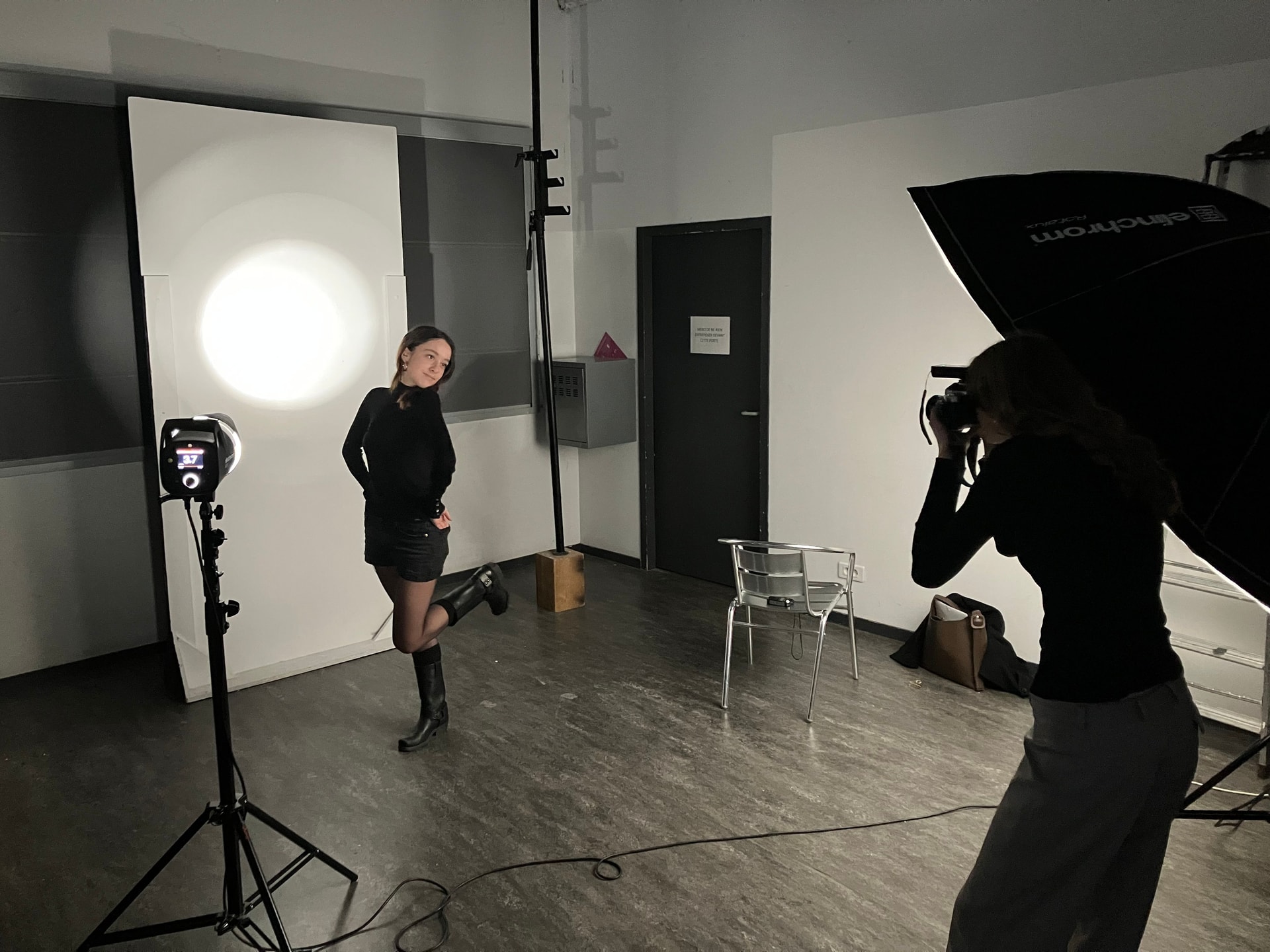Each programme offered by Condé has an RNCP qualification, listed on the France Compétences platform. You can find the number of each diploma on the corresponding training sheets.
What is the purpose of the RNCP?
The purpose of the Répertoire National des Certifications Professionnelles is to classify all State-recognised qualifications. These qualifications are also recognised by the State’s social partners, which include education and training establishments.
As well as listing the recognised qualifications, the RNCP also details the level of study corresponding to each one. There are currently eight different levels of RNCP certification.
Level 7 of the RNCP covers all qualifications at Master 2 or bac+5 level.
Only qualifications recognised by the State and its social partners are included in the Répertoire National des Certifications Professionnelles.
The State diploma certifies the State level of its holder, while the RNCP title certifies the acquisition of professional skills.
A level 7 RNCP qualification corresponds to a Master 2 or bac+5 degree.
Holders of a level 7 RNCP qualification are eligible for senior management positions.
What are the differences between a state diploma and an RNCP Qualification level 7?
The aim of a State diploma is to validate an academic level of study.
An RNCP qualification, whatever its level, is used to validate professional experience. In other words, the acquisition of the skills and aptitudes needed to practise a profession.
An RNCP qualification prepares you for specific jobs.
